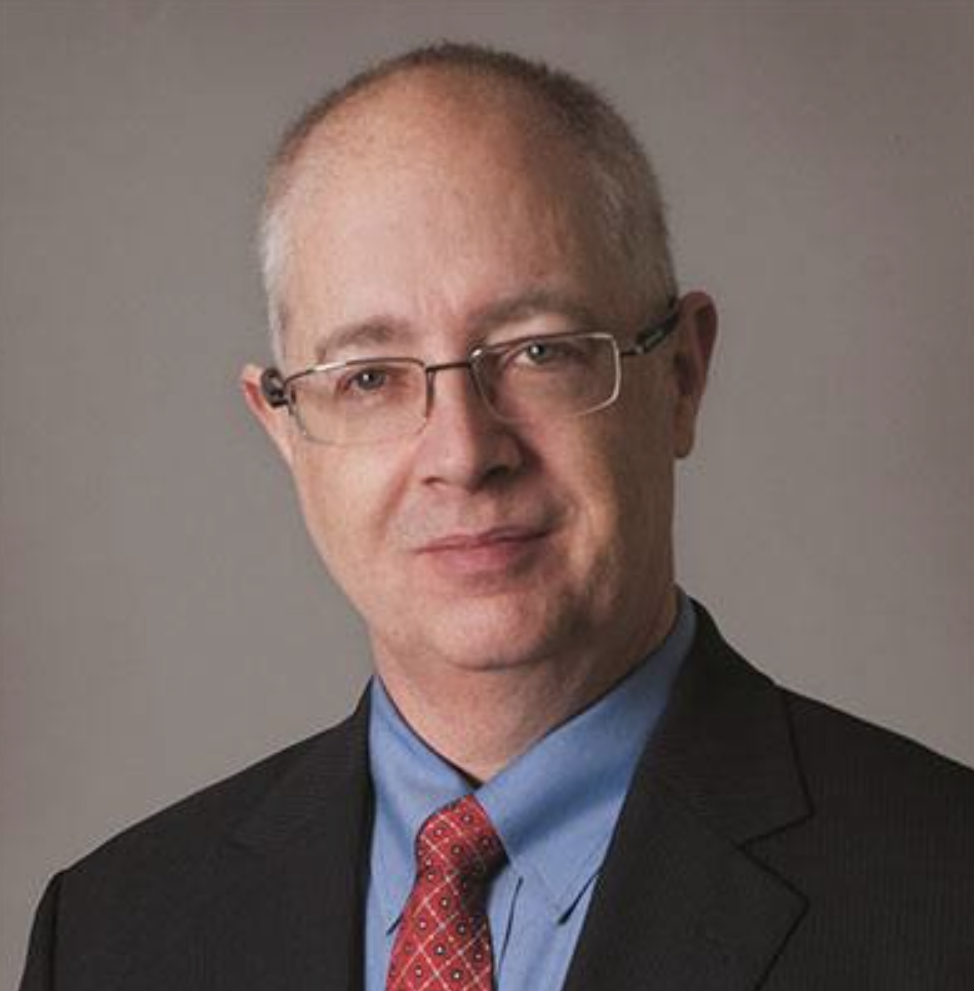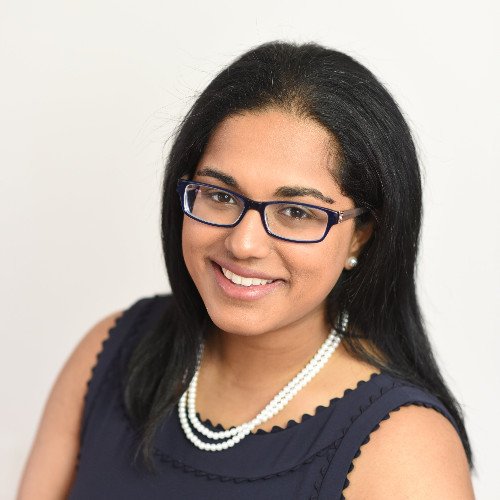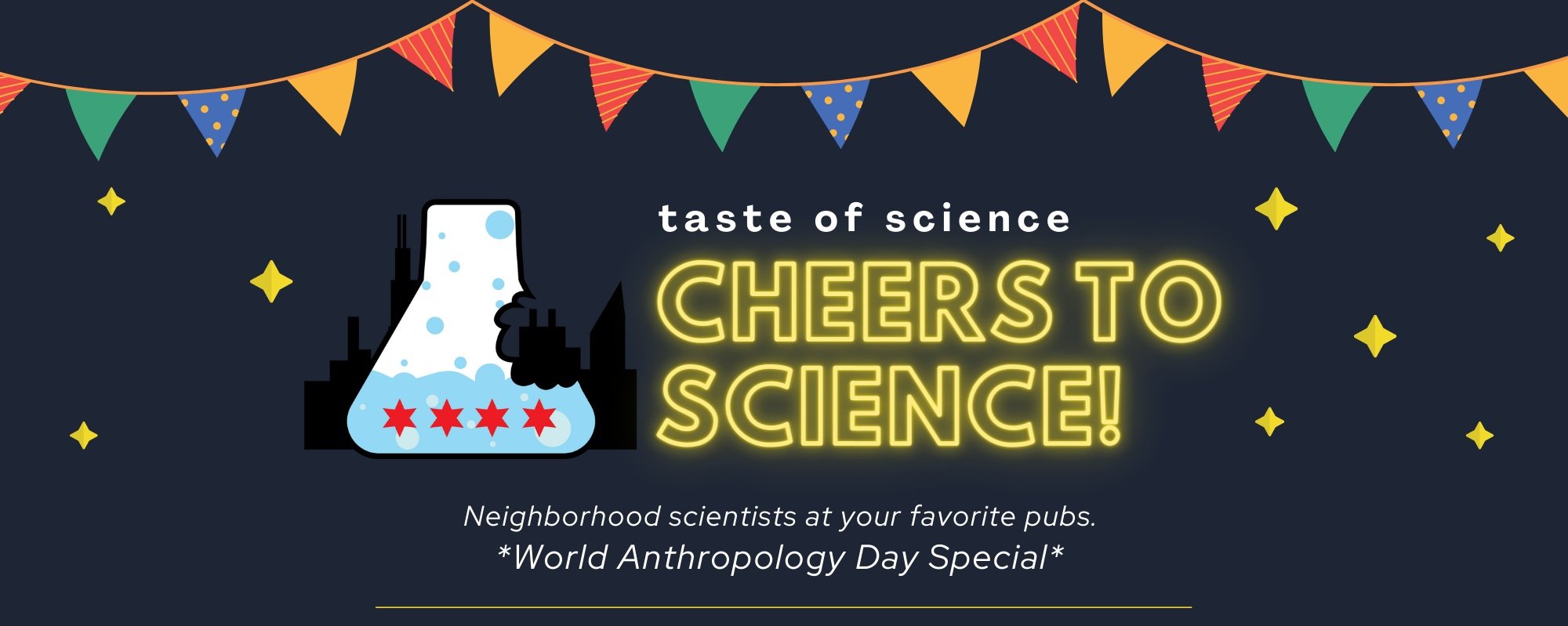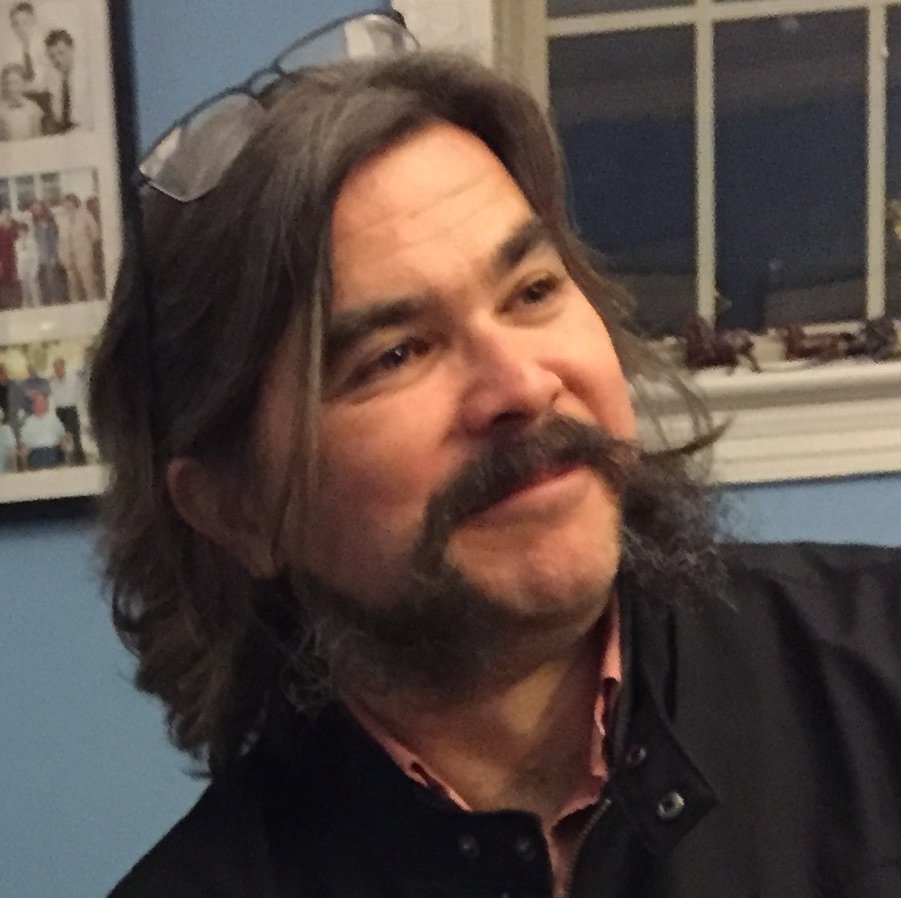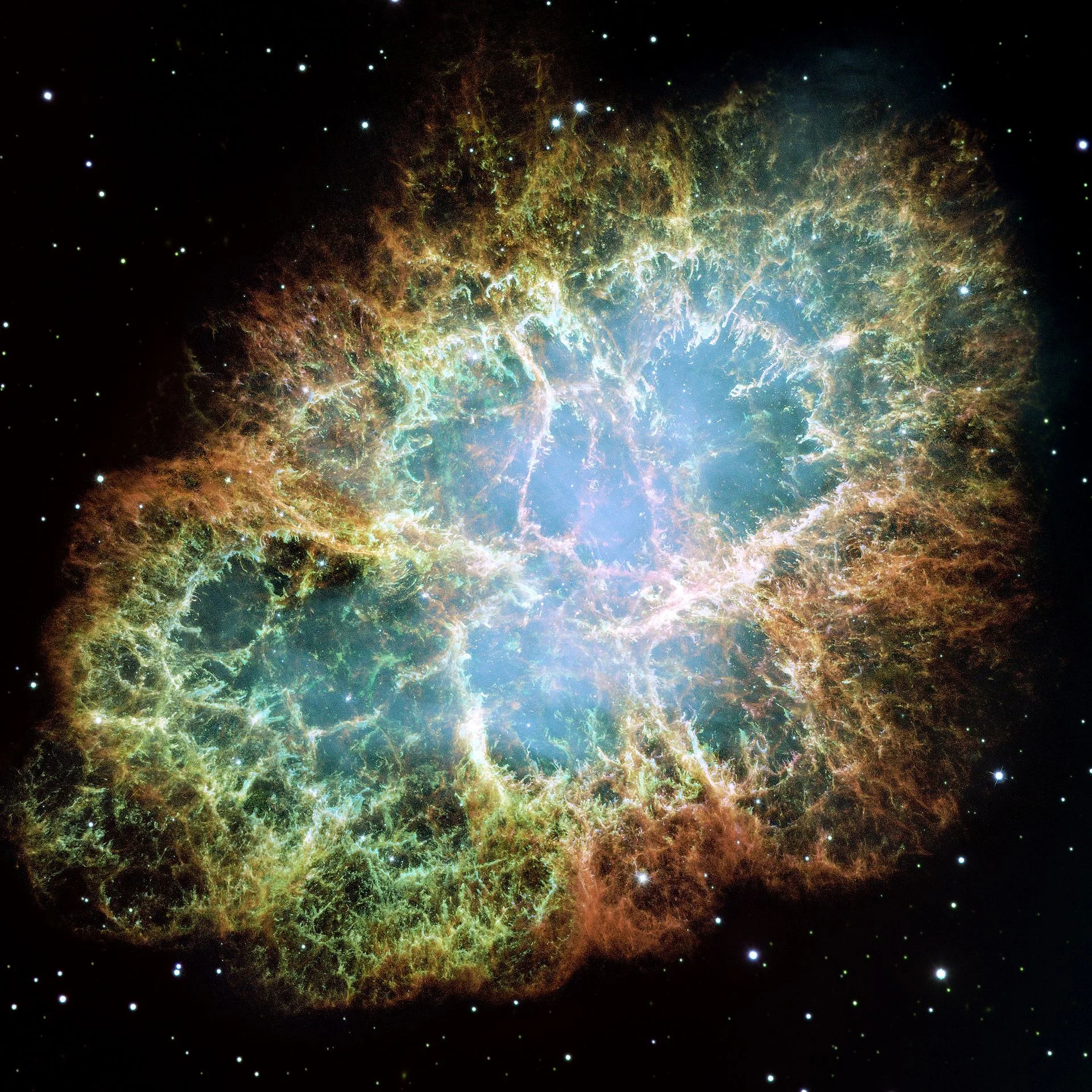
Our Pale Blue Dot
Join us as we bring some of our favorite friendly, neighborhood scientists into local watering holes. Our events are free, open to the public, and meant for the curious, no matter your background. We love lively discussions, making new connections, and learning something new. Join us for our annual festival, taking place across the country, with two events right here in Chicago.
Our Pale Blue Dot
Featuring Drs. Gavin McNicol and Liz Moyer discussing the basics of climate change and the interplay between the climate and our energy usage and infrastructure.
SPEAKERS
"Energy and the Climate: Past, Present, and Future"
Liz Moyer, PhD
Assoc. Prof. Moyer directs the university's Center for Robust Decision-making on Climate and Energy Policy. Her research focuses on atmospheric science, climate statistics, and energy and climate policy analysis.
"Climate Refreshers: Water, Electrolytes, Protein, and Energy"
Gavin McNicol, PhD
Gavin McNicol, PhD is an assistant professor at the University of Illinois Chicago, and he runs a research group that focuses on connections between terrestrial biogeochemistry, ever changing environmental gradients, and the Earth’s climate, with a focus on carbon cycling, greenhouse gas emissions, microorganism interactions specifically in restored wetlands, pristine temperate rainforests, and emerging waste systems.
We are excited to host two events this year for the annual taste of science festival: one on modern medicine, and the other on climate change. No matter your interests, we promise to bring fresh new ideas to get your wheels spinning.





